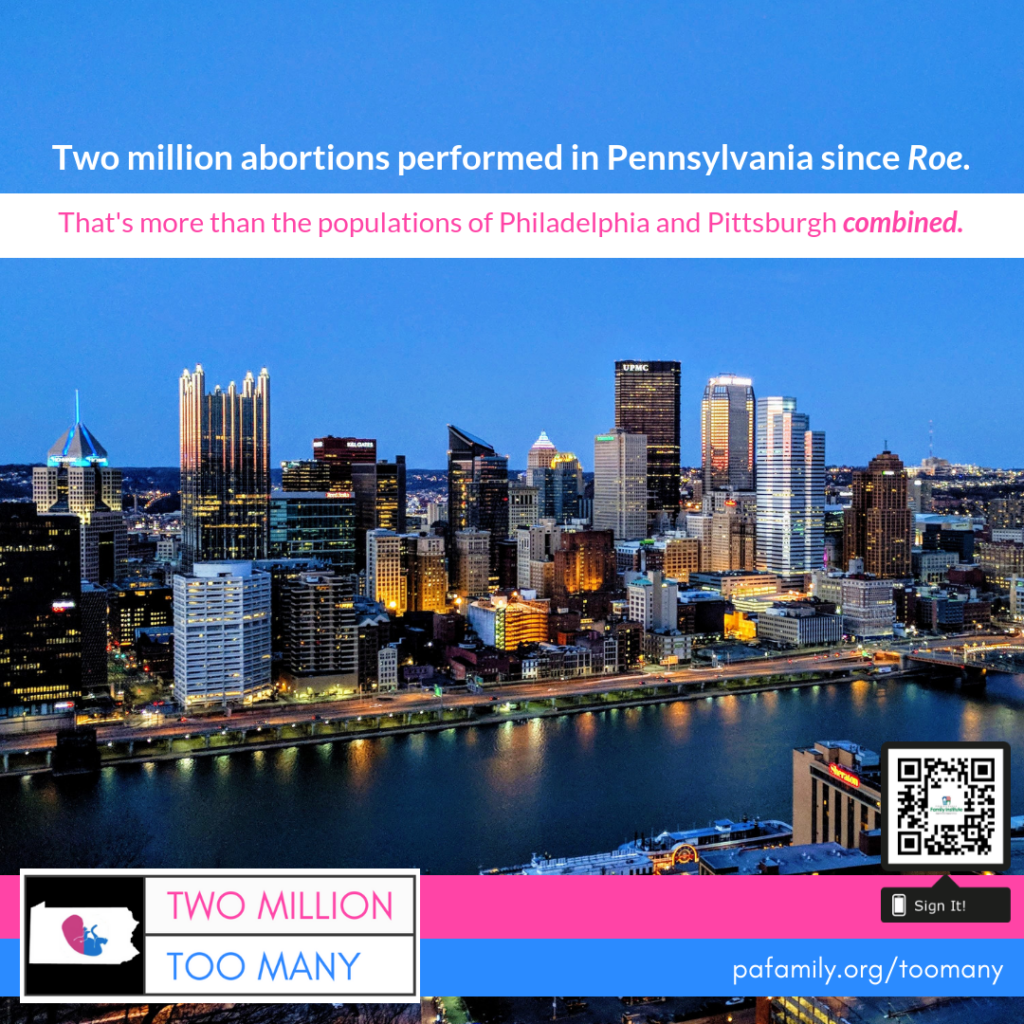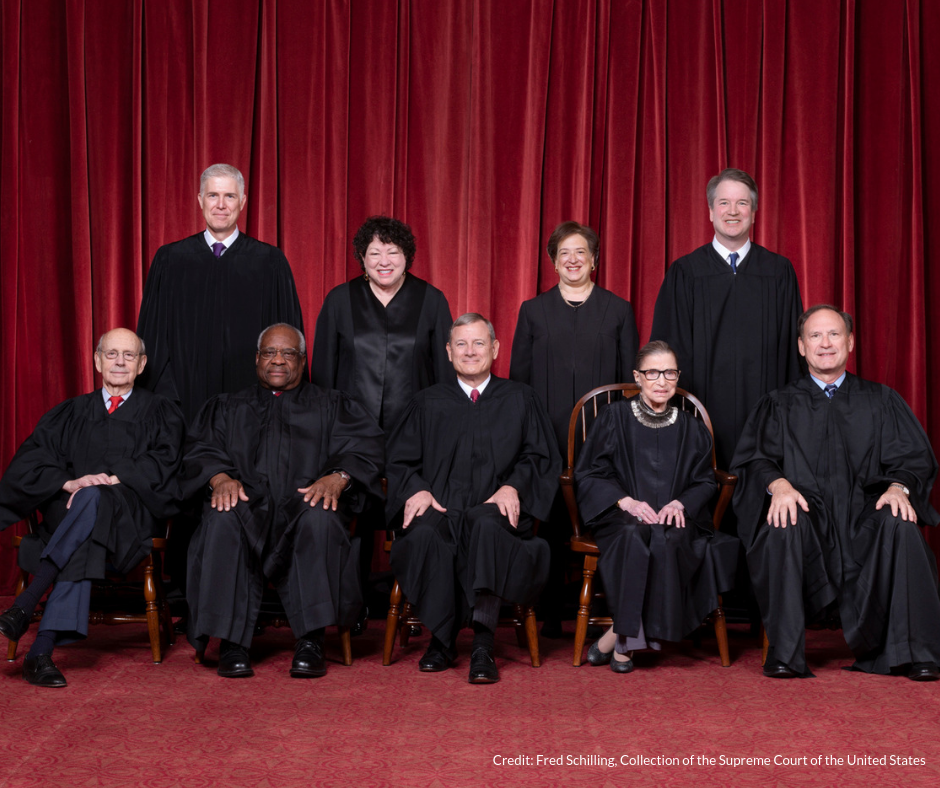By Gina Diorio
Flashing brake lights, honking horns, pedestrians scurrying to their destinations atop rumbling subway cars or alongside the T.
Spend any time in either of Pennsylvania’s two largest metropoles, and you’ll find yourself unable to escape the sights and sounds of everyday life in the city. Some find the noises exhilarating; others, exhausting. But for nearly two million Pennsylvanians, the sounds are home.
But pause for a minute and picture a very different sight. Imagine walking through downtown Philadelphia or Pittsburgh on a sunny day and encountering only silence. No buses, no trains, no honking horns, no rushing pedestrians. No food cart vendors selling their rapidly prepared wares. No children walking to or from school. No signs of life at all. Only silence. Silence surrounded by empty buildings spotted with the hollow-eyes of forgotten windows.
And those two million lives? Eliminated.
How would we respond? Would we be heartbroken over the loss? Outraged at the injustice of lives cut short? Or would we simply look away and move on?
The question isn’t rhetorical. It’s one we answer every day—by our actions, and by our silence.
The Reality of Abortion
In 2019, Pennsylvania will surpass 2,000,000 abortions performed since the 1973 U.S. Supreme Court decision in Roe. v Wade. That’s more than the population of Philadelphia and Pittsburgh combined.

Sign the Petition: pafamily.org/toomany
Some of the earliest victims would now be in their mid-40s, serving their communities and building families of their own. Others would be in college, confident they’re set to conquer the world. Still others would be celebrating first birthdays or taking first steps.
Instead, the state where human rights became the basis for a nation has denied its own the most basic right: the right to life.
And the recent statistics are staggering. In 2017 alone, Pennsylvania aborted 30,011 unborn babies—a number higher than the population of Williamsport or the the entire student enrollment of the University of Pittsburgh.
The Tragedy of Abortion
Yet, even these numbers don’t tell the full story. Many of abortion’s victims from the ‘70s, ‘80s, and ‘90s would undoubtedly now have children of their own. How many aunts, uncles, cousins, friends, neighbors, or spouses are missing because of abortion’s scars?
And how many of the living carry abortion’s wounds. Countless men and women impacted by the loss of abortion have shared their stories of the moment they realize—sometimes immediately and sometimes years later—that they ended their child’s life and that the tales of empowerment and freedom spun by abortion advocates were lies. Instead of freedom, they found regret.
Those who fight for the continued killing of the unborn—whether our governor, some state lawmakers, or abortion providers like Planned Parenthood who donate heavily to politicians on their side—claim to fight for women’s rights. They falsely announce that women are fully empowered only when they can kill their children.
Such a hollow view of empowerment has ended too many lives and devastated far more. Humanity is empowered not by destroying each other but by loving others—the unborn, women facing unplanned or unwanted pregnancies, women who choose abortion, and men impacted by this choice.
The Future of Abortion
Tragically, for 45 years, national judicial precedent has been on the side of destruction. But for the first time in a generation, this could change.
The confirmation of Brett Kavanaugh to fill the open seat on the U.S. Supreme Court suggests the Court may have a majority of justices who believe in upholding the first and most basic right outlined in our Declaration of Independence: the right to life.
As evidence, just consider the fierce opposition to Kavanaugh’s nomination from the very beginning from those who hold abortion as a sacred cow. The new court makeup offers hope that Pennsylvania could become a national leader in restoring a culture of life.

You see, should the U.S. Supreme Court finally overturn the unconstitutional decision that is Roe v. Wade, abortions would not become illegal in Pennsylvania or in most other states. State law would determine what abortion would look like. Right now, that means fourteen states may ban abortion altogether (ten states have abortion bans from prior to Roe v Wade that were never overturned and four states have “trigger laws” that would ban abortion should Roe be overturned). Another eight states have state laws that explicitly keep abortion legal.
For Pennsylvania, an overturned Roe v Wade means we look to the Abortion Control Act, signed by former Governor Bob Casey in November 1989. Nearly three decades old, this law placed a variety of practical regulation on abortion, including a 24-week limit (up to 6th months of pregnancy), a 24-hour waiting period, parental and informed consent and no abortion sought exclusively for the sex of the unborn child, to name a few.
Pennsylvania’s state legislature has recently attempted to enhance our 30-year-old abortion law with updated regulations. For instance, in 2017, many state lawmakers in Pennsylvania rightly believed we should end late-term and dismemberment abortions by passing Senate Bill 3. Despite passing both the State House and Senate, this bill was vetoed by Governor Tom Wolf. Last year, the PA House overwhelmingly passed the Down Syndrome Protection Act with a veto-proof bipartisan majority. This bill would have added to our state’s current exceptions that no abortion may be sought exclusively due to a prenatal diagnosis of Down syndrome. Unfortunately, the Senate failed to move on the legislation before the session ended.
Put simply, in a post Roe world, Pennsylvania would be forced to answer the all-important question: Will we protect the most vulnerable among us or will we continue to feed women lies that encourages them to sacrifice the unborn on the altar of false empowerment? We must work fervently toward the former. Because what a tragedy it would be to stamp out another Philadelphia, another Pittsburgh, in the name of choice. But how wonderful it would be for our state to embrace the fundamental belief that every person is endowed by their Creator with that sacred, inalienable right: the right to life.
Gina Diorio is a communications professional who has worked in both government and non-profit sectors in New Jersey and Pennsylvania.




It is very important that we stand together for the right to life of our most vulnerable little persons!